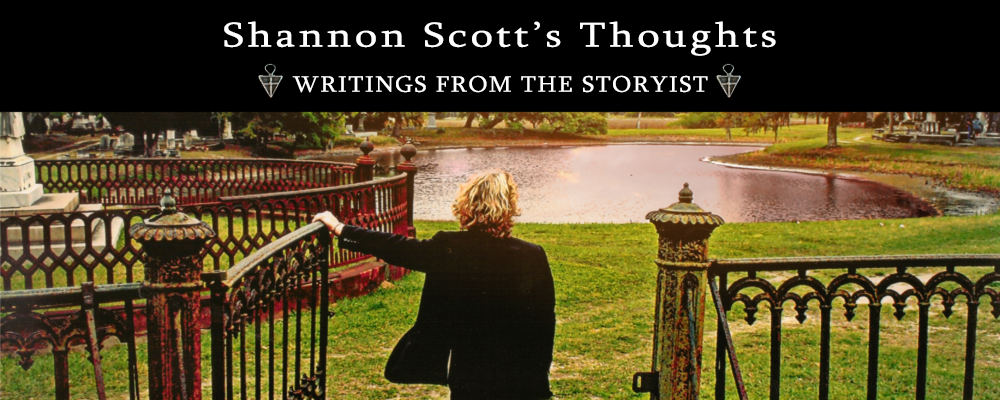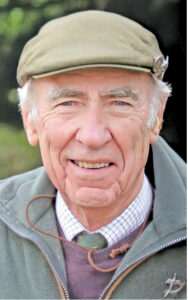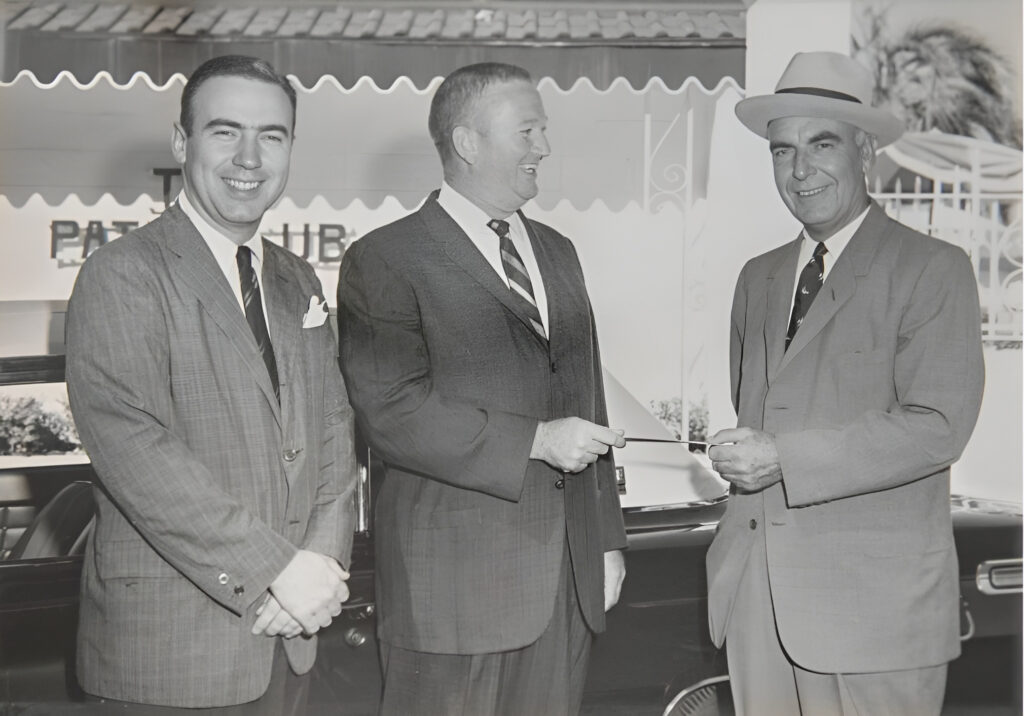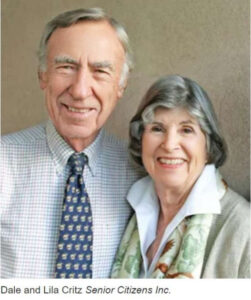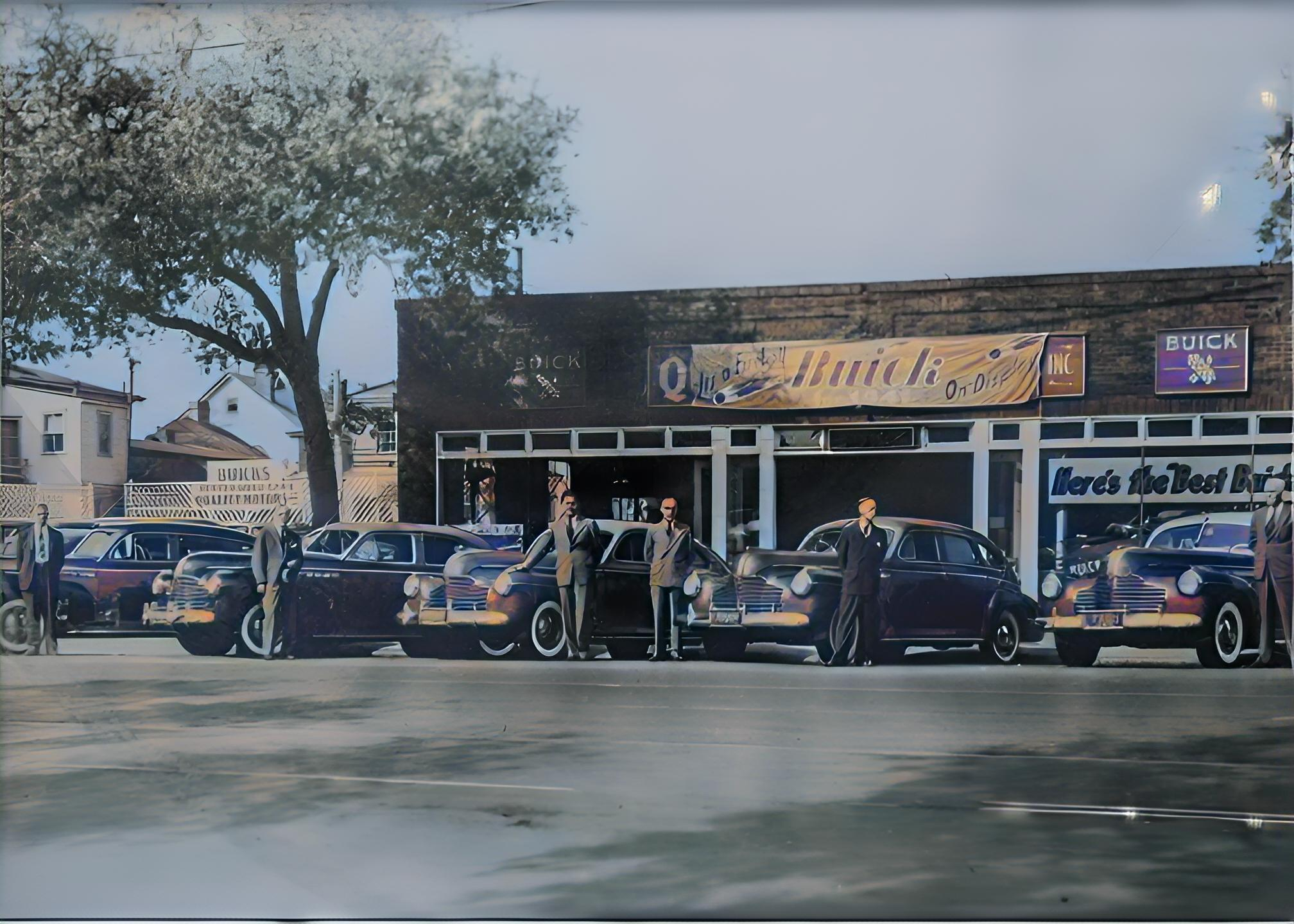“If you want to go fast, go alone. If you want to go far, go together.”
– Old African Proverb
The Bush Family, who, through many family names, were the first settlers of today’s South Carolina, built up Hilton Head from the 18th century, and as people, stretched across the state with names like Fripp, Pope, Stanyarne, Ladson, Hugenin, Chaplin, Wright, Lawton, Mosse, Peeples, Oswald, Norton, others. Their family reads like The Who’s Who of South Carolina with estate names like Tombee Plantation Seaside, Raphraim, and Sam’s Plantation. A now 90 year old descendant, Betty Bush, challenged Shannon Scott to build her an outing with her family that would explore as much of the landscape of that in one day around Beaufort County & Colleton County with particular interest to see their once great homestead, Tombee Plantation that preservationist Jim Williams lovingly restored at Land’s End. It would prove tricky but unphased, Shannon would secure visits there through generous owners, along with Seaside Plantation & an exclusive peek at the McPhersonville Presbyterian Church (“Forrest Gump”), along with exclusive touring of root doctor graves and ancestral plots of their family along the route. While Shannon Scott already visits a number of these locations on his Drums & Shadows Tour, this was very much an expanded, one-off version for very special people, and they were beyond thrilled, especially the matriarch, Betty Bush. None of this would’ve been fulfilled without the extended help of researchers, Megan Morgan and Alissa Nicholson, who pulled at least one all-nighter, as they prepared extensive books, maps, genealogy diagrams, many hand-rendered, creating original materials both useful as tools for the outing and keepsakes for the family. Both Shannon Scott & Megan Morgan acted in a narration capacity while Alissa Nicholson filmed, photographed, and edited the footage within the video as a record of this important gathering. A special note of thanks goes to Mr. Green of The Gullah Grub Cafe in Frogmore, SC, for his delicious food and hospitality. We also appreciate Elayne Scott for her tour of Tombee House and Joe Roney for his fabulous tour of Sam’s Plantation. www.drumsandshadows.com
